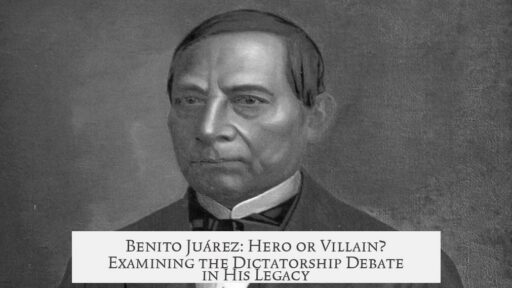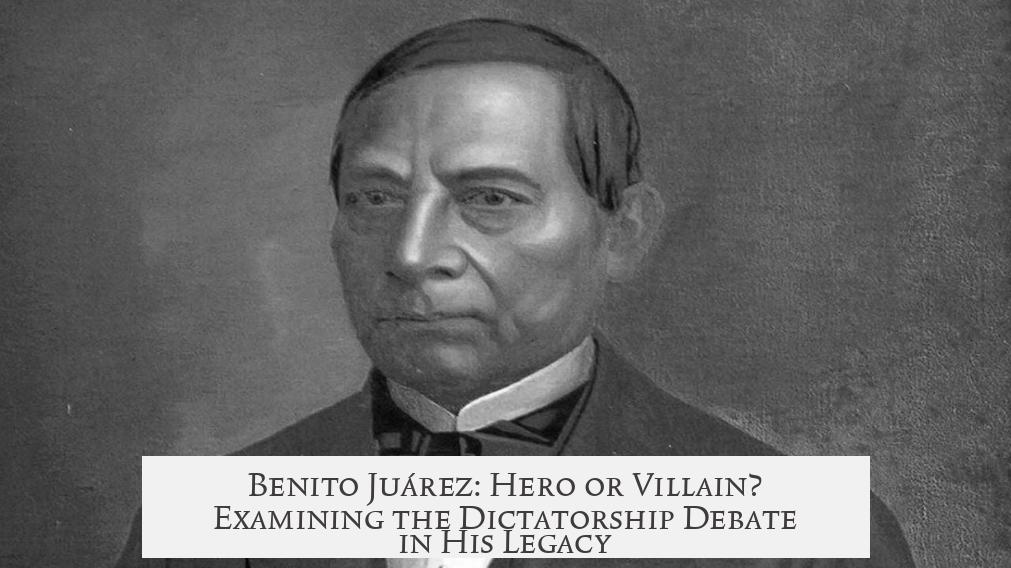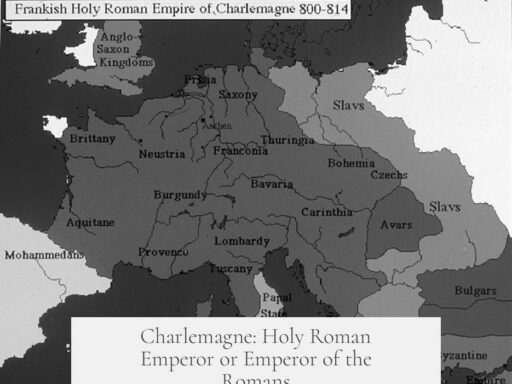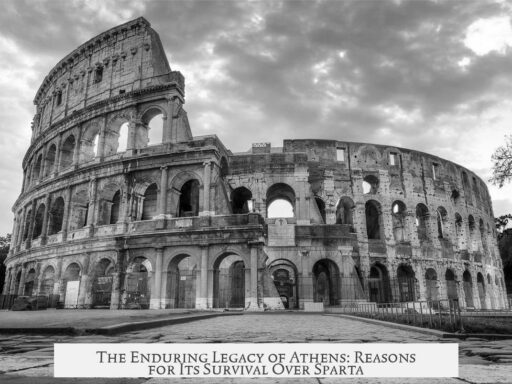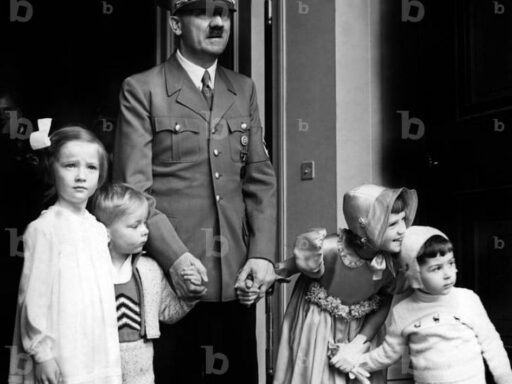Benito Juarez is often described as having come close to becoming a dictator yet “died a hero before becoming the villain” due to his strong centralizing policies and prolonged hold on power during Mexico’s turbulent 19th-century political landscape. Juarez, Mexico’s first indigenous president, led liberal reforms aimed at modernizing the country. However, his efforts to stabilize Mexico involved extending his terms and concentrating authority, which some critics argue bordered on authoritarianism.
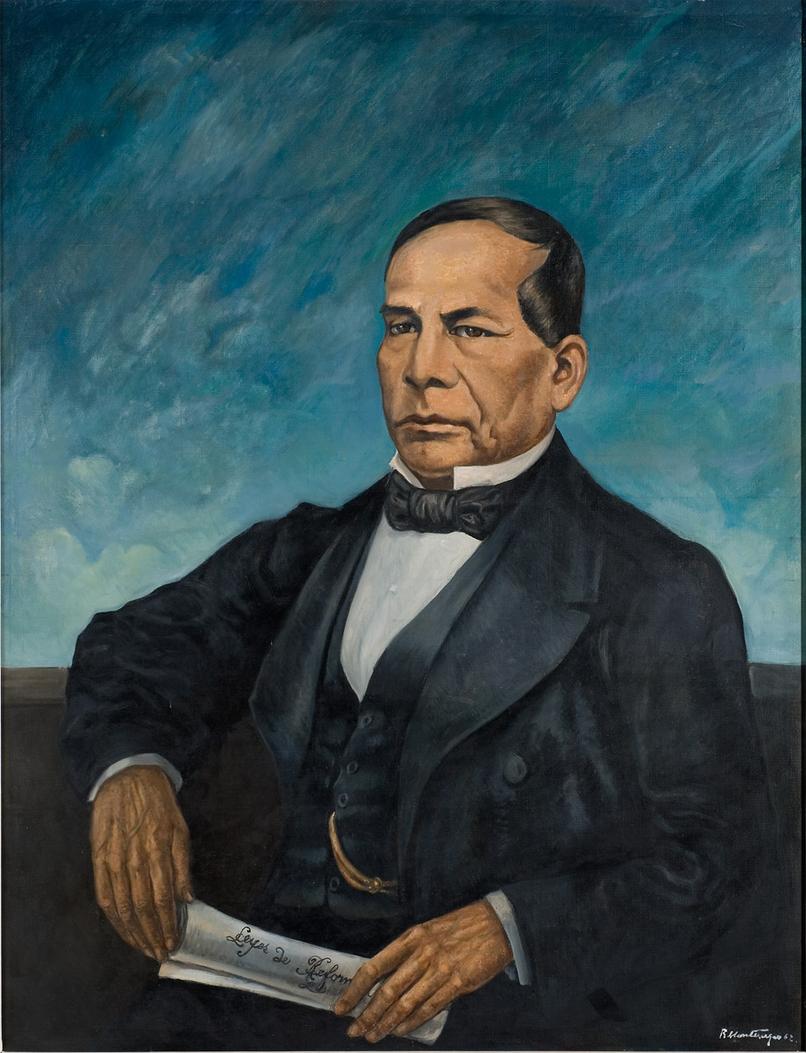
Juarez became president multiple times between 1858 and 1872, often amidst civil wars and foreign interventions. His rule faced severe crises, including the Reform War, the French Intervention, and the Second Mexican Empire imposed by Maximilian.
- He suspended the constitution during the French invasion, granting himself extraordinary powers to fight the invaders.
- Juarez prioritized maintaining national unity and resisting foreign control, leading him to centralize decision-making.
- He extended his presidency several times through elections and congressional approvals, which some viewed as undermining democratic norms.
Despite these actions, Juarez never dissolved constitutional order or executed widespread repression typical of outright dictators. His policies focused on liberal reforms including land redistribution, secularization, and reducing military and church privileges.
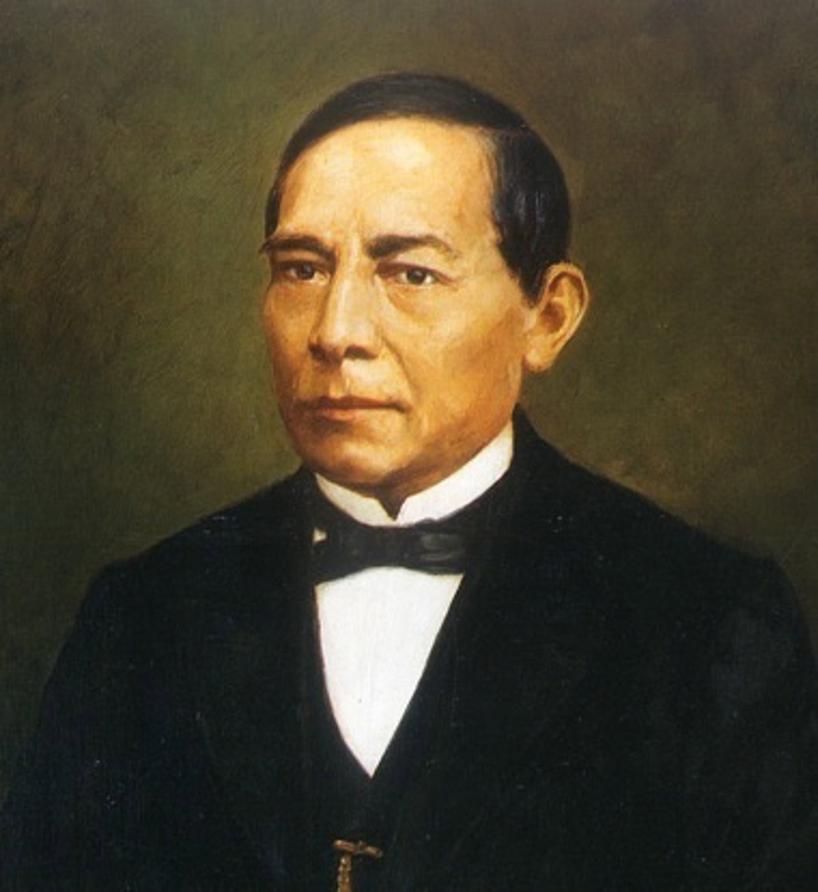
Juarez’s critics feared his consolidation of power was a step toward dictatorship, especially as he confronted continuous internal instability. However, his death in office in 1872 prevented any shift toward outright autocracy.
The phrase “died a hero before becoming the villain” reflects this tension: Juarez sacrificed his life defending Mexico’s sovereignty and constitutional republic but walked a fine line that could have led to authoritarianism had he lived longer or pursued power differently.
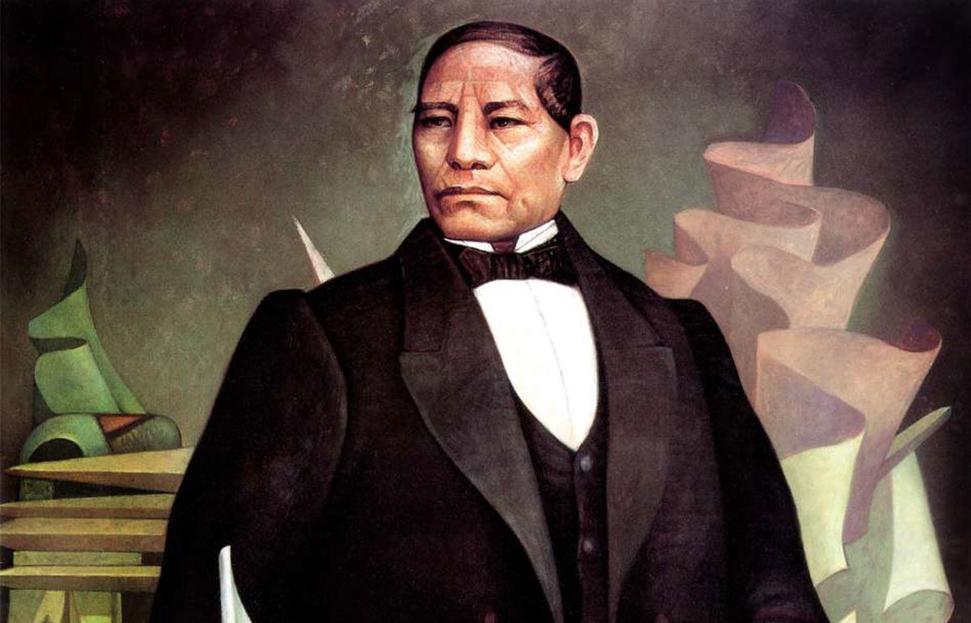
| Action | Why it Raised Concerns |
|---|---|
| Constitutional Suspension | Allowed concentration of power to resist French invasion |
| Multiple Presidential Terms | Extended rule raised fears of undermining democracy |
| Centralization of Authority | Reduced regional autonomy, feared as authoritarian control |
Juarez’s legacy combines his heroic defense of Mexican independence and liberal ideals with a cautious appraisal of his centralizing tactics and extended rule. His ability to maintain legitimacy while navigating chaos is key to understanding why some view him as nearly a dictator who ultimately remained a republican hero.
- Juarez centralized power to resist internal and external threats.
- He extended presidential terms but maintained constitutional frameworks.
- His liberal reforms aimed at modernizing Mexico’s institutions.
- His death prevented any deeper authoritarian turn.
- He is remembered as a hero who avoided becoming a dictator.
Why Do People Say Benito Juárez Came Close to Becoming a Dictator and “Died a Hero Before Becoming the Villain”?
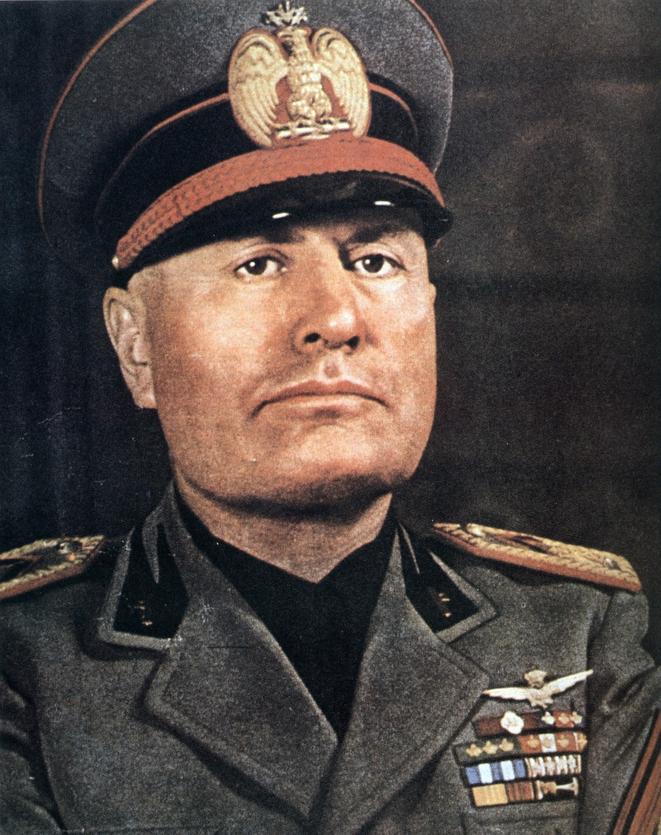
Benito Juárez, Mexico’s iconic 19th-century statesman, is often hailed as a hero who saved the nation from foreign intervention and internal chaos. Yet, some say he flirted with dictatorship and narrowly avoided becoming a villain in Mexico’s turbulent political saga. What underpinned this duality? What moves made folks suspicious that Juárez wanted to grab dictatorial power? Let’s unpack the layers behind this fascinating historical puzzle with a fresh, detailed lens.
The Heroic Juárez: Background and Achievements
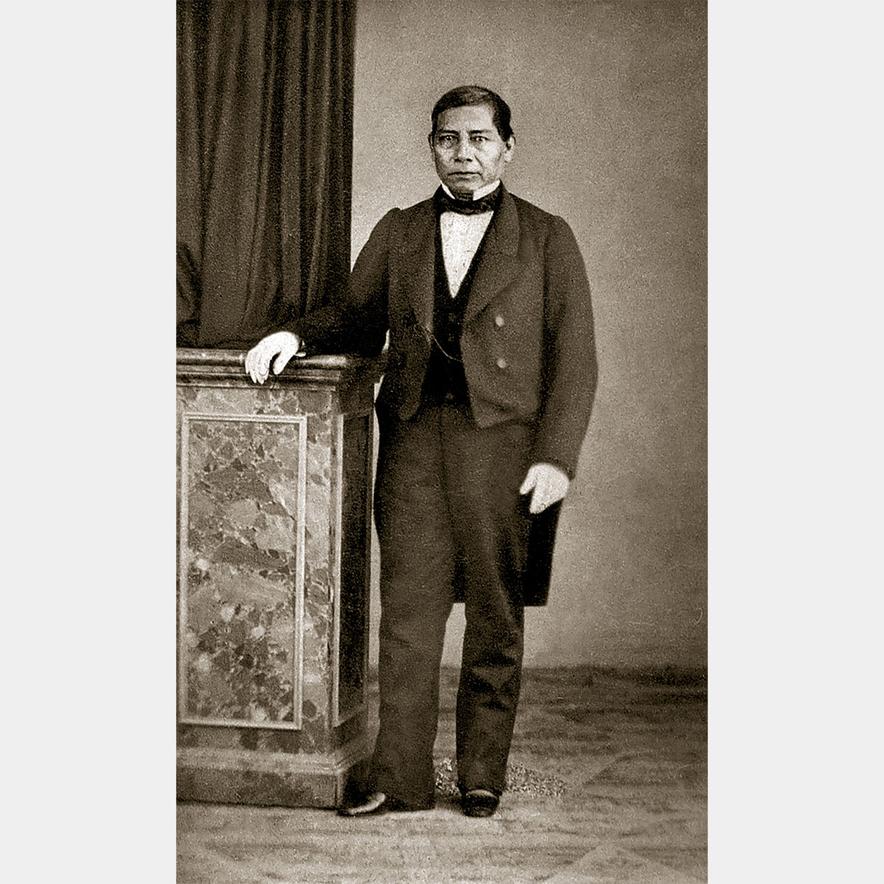
Juárez climbed from humble indigenous roots to become Mexico’s first president of full Zapotec heritage. His rise itself is legendary. Seen as a champion of liberal reforms, he overturned Mexico’s conservative regime and crushed the French-backed Second Mexican Empire. His policies aimed to modernize Mexico, enforce secularism, reduce the Catholic Church’s political grip, and redistribute land. In short, he fought foreign aggression and internal corruption while promoting constitutionalism.
But heroes rarely come without complexity. Juárez’s reign coincided with almost constant upheaval. To hold a fractured nation together, he sometimes exercised unusual powers that cloud his democratic image.
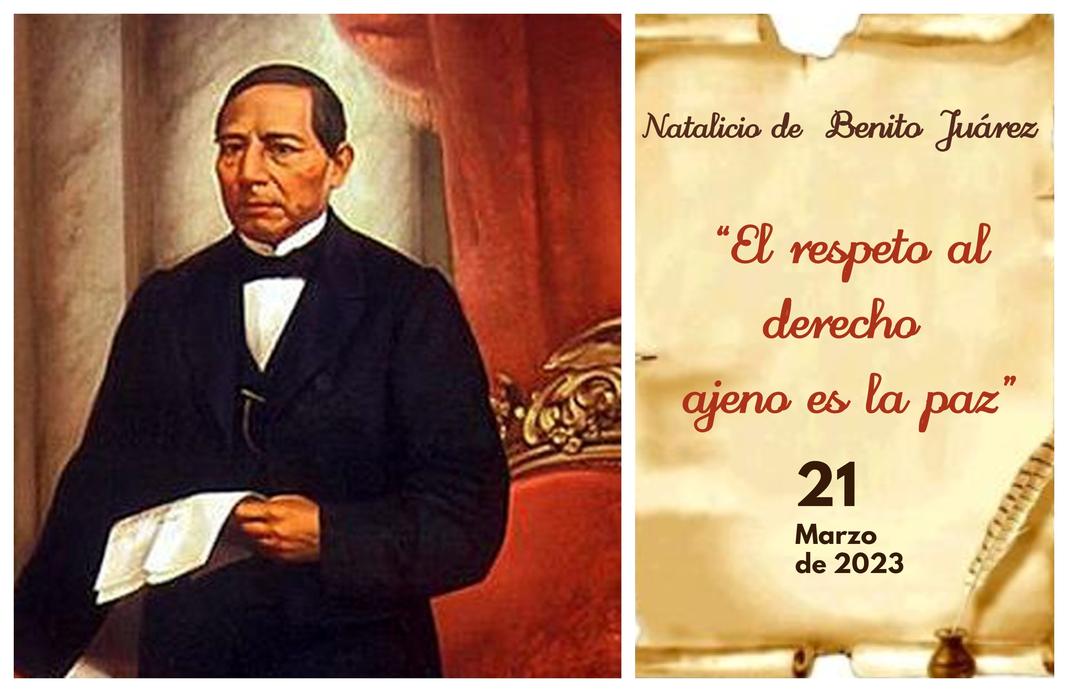
Where Juárez’s Image Gets Cloudy: The Dictatorship Concerns
Why do people say Juárez almost became a dictator? Several actions fuel this argument.
- Centralization of Power: Juárez worked hard to build a strong federal government after years of chaotic regional caudillos ruling with semi-autonomy. This centralizing push sometimes meant sidelines the opposition fiercely.
- State of Emergency and Suspension of Rights: Juárez governed through sustained crises—the War of Reform, foreign invasions, and civil unrest. He imposed martial law, suspended constitutional guarantees, and censored dissent at times. Critics argue such moves resemble autocratic practices.
- Length and Style of Rule: Elected president multiple times over 15 years, Juárez’s long stay in power raised eyebrows. His repeated reelections, some amid electoral controversies, invite comparisons to leaders who overstayed their democratic welcome.
- Judicial and Legislative Influence: Juárez’s government often influenced the judiciary and congress to rubber-stamp reforms. While common in young republics, this reduced the checks and balances that guard against dictatorship.
Did he want to become a dictator? The evidence is inconclusive but suggestive of a leader deeply committed to saving Mexico above all else—even if it meant stretching democratic norms.
“Died a Hero Before Becoming the Villain” — A Fate of Missed Transitions
This phrase captures the dramatic arc of Juárez’s legacy. Throughout his life, he stood as the beacon of Mexican sovereignty and modernization. He resisted imperialism and pushed enlightened reforms. But had his presidency dragged on, unchecked by his death in 1872, his slightly authoritarian tendencies might have intensified, potentially darkening his image.
It’s like walking a tightrope: he balanced liberal ideals with emergency powers. His sudden death saved him from the label “villain” often assigned to rulers who morph into dictators.
Historians speculate that Juárez’s assertive style—in a nation desperate for order—was both his strength and his curse. His heroism lay in saving Mexico at critical moments; his near-fall into authoritarianism lay in the sacrificed democratic processes during crises.
Lessons and Reflections: The Fine Line Between Leadership and Dictatorship
Juárez’s story is a timeless reminder that leaders in volatile times often walk a thin line. They must decide when to bend rules for the greater good and when to uphold absolute freedoms. Juárez chose the former, earning admiration and suspicion.
“Power tends to corrupt, and absolute power corrupts absolutely.” Juárez seemed aware of this, yet believed Mexico’s survival justified his methods.
If you look at modern states struggling amid conflict, you will find echoes of Juárez’s balancing act. He teaches us that context matters deeply when judging leadership. Being close to dictatorship doesn’t always mean a leader wants absolute power—sometimes it’s the weight of history pressing them too hard.
Examples of Juárez’s Actions That Stirred Debate
| Action | Why It Raised Suspicions | Context/Explanation |
|---|---|---|
| Multiple Reelections | Extended his hold on presidency beyond normal term limits. | Mexico was unstable; Juárez was seen as a unifying figure crucial for continuity. |
| Suspension of Constitutional Guarantees | Restricted civil liberties, censorship, tightened control during emergencies. | Amid war and foreign invasions, these were arguably measures to safeguard the nation. |
| Reform Laws Targeting Church Power | Anticlerical laws alienated powerful interests, risking authoritarian backlash. | Juárez pushed secularization to modernize Mexico and reduce Church-state entanglement. |
Final Thoughts: Juárez’s Complex Legacy
Is Benito Juárez a hero saved from slipping into villainy by his premature death? Or is that a simplified tale colored by reverence? The truth is richer and more nuanced.
Juárez’s dedication to Mexican sovereignty and modernization is unquestioned. Yet, his governance style reveals how fragile democracy was for Mexico in the 19th century. His emergency measures, centralization, and extended rule flirted with authoritarian features without fully crossing the line.
His story invites us to ask: When does strong leadership become dictatorship? Can leaders who take extraordinary steps during crises still claim the mantle of democratic heroes? Juárez’s life answers with a cautionary tale—lead well, but beware the temptations of unchecked power.
So next time you hear that Juárez “came close to becoming a dictator and died a hero before becoming the villain,” remember: it’s that very closeness and complexity that makes his story enduring, relevant, and simply human.
